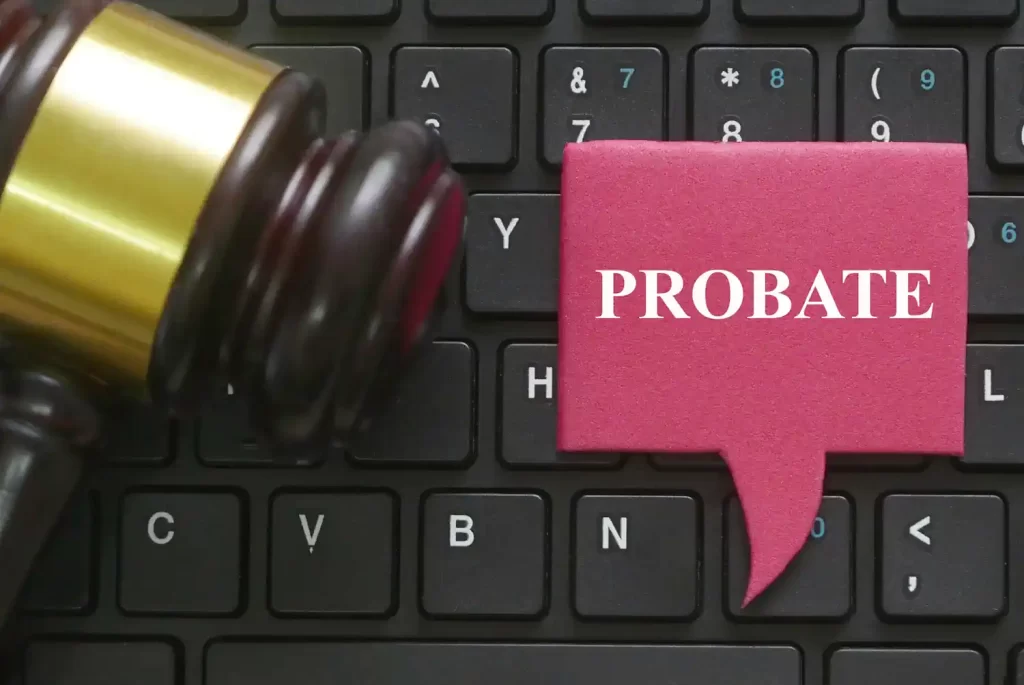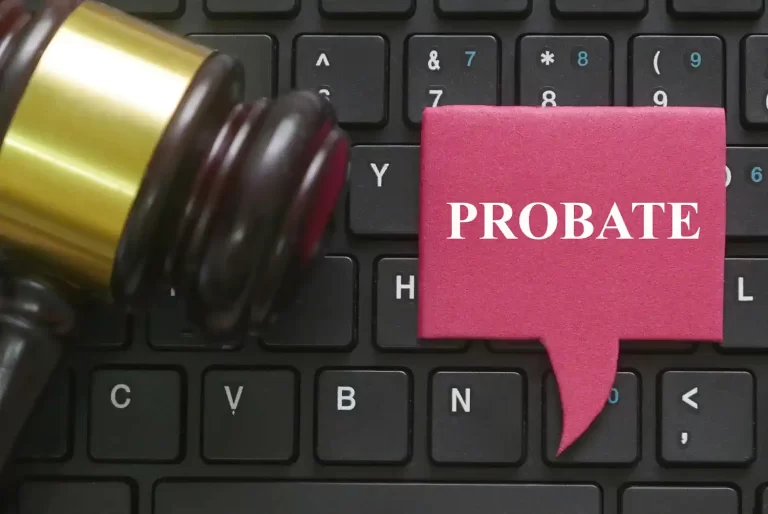After someone passes away, their financial responsibilities don’t disappear. One of the most common concerns for surviving family members is whether they’re responsible for paying off the debt left behind. In Ohio, family members are generally not personally liable for the debts of a deceased relative. However, the estate—the assets and property left behind—may be.
If you’ve recently lost a loved one and are navigating their financial matters, here’s what to know about debt and probate in Ohio, directly from the experienced probate attorneys at Mizak & Pacetti in Parma.
Unsecured Debt: What It Is and How It’s Handled
Unsecured debt refers to debt not tied to any specific property. This includes credit cards, medical bills, personal loans, and most student loans. These creditors have to follow specific legal procedures to recover the debt through the probate process.
Under Ohio law, unsecured creditors have six months from the date of death to file a claim against the estate. This timeline is critical. If a creditor doesn’t serve notice to the estate’s personal representative and file the claim with the appropriate probate court within that six-month window, the estate is no longer legally required to pay that debt.
If you’re managing an estate, it’s important to:
- Keep a record of when the death occurred
- Review all bills and account statements received
- Monitor for creditor notices during the six-month period
- Consult with a probate attorney before distributing any assets
Ignoring this process or paying debts without legal advice can put the estate at risk of mismanagement or delay the closing of probate.

Secured Debt: Mortgages, Car Loans, and Collateral-Based Obligations
Secured debts are tied to specific property, such as a home, car, or other tangible asset. Common examples include:
- Mortgages
- Car loans
- Home equity loans
Unlike unsecured debt, these creditors aren’t limited by Ohio’s six-month claim period. That’s because they have another method of recovering what they’re owed: repossession or foreclosure.
If the estate includes a house with a mortgage, for example, the mortgage company still expects payments to continue. If payments stop, foreclosure is a real possibility. The personal representative will need to decide whether to:
- Keep the property and continue making payments
- Sell the property to pay off the loan
- Allow the lender to repossess or foreclose
Secured debts must be resolved before the estate can be closed. The probate court won’t approve distributions to heirs or finalize administration until these obligations are taken care of.
Working with a probate attorney can help determine the best course of action, especially if the estate’s assets are limited or if the secured property is occupied by a surviving family member.
Other Types of Estate Claims to Expect
Not all financial claims against an estate are loans or credit card balances. Several other types of obligations need to be addressed before an estate can be closed:
Funeral Expenses
Funeral and burial costs are typically among the first expenses to be paid during probate. Under Ohio law, up to $4,000 in funeral expenses are given priority and may be reimbursed from the estate before many other debts. If someone—such as a family member—pays these costs upfront, they can usually be reimbursed during probate. However, any funeral costs exceeding $4,000 may fall into a lower priority class and could be paid only after higher-priority claims are satisfied.
Professional Service Fees
Administering an estate often requires legal and accounting assistance. These fees include:
- Attorney fees for handling probate
- CPA fees for final tax filings
- Appraisal costs for valuing estate assets
These types of professional fees are considered essential under Ohio law. They are not subject to the six-month deadline and can be paid as the services are performed, with approval from the probate court.
Taxes Owed by the Deceased
If your loved one owed federal or state income taxes, those debts must be paid from the estate. There’s no deadline that limits the IRS or the Ohio Department of Taxation from collecting what’s owed.
Other tax-related obligations may include:
- Property taxes on real estate
- Estate taxes (in larger estates)
- Capital gains taxes on investments
It’s a good idea to work with both a probate attorney and a tax advisor to ensure compliance and avoid penalties.
Costs of Administration
These are the costs that the executor (or personal representative) incurs while handling the estate. They may include:
- Probate court filing fees
- Bond fees (if required by the court)
- Costs to maintain and protect estate property, such as paying insurance or utilities on a home
If these costs are paid by the personal representative or a family member, they can request reimbursement from the estate before final distributions are made.
What Happens When There Isn’t Enough Money to Pay All Debts?
Sometimes, an estate simply doesn’t have enough money to cover all debts. When that happens, the estate is considered insolvent. Ohio law has a specific order in which debts must be paid when funds are limited:
- Administration costs (court fees, attorney fees, etc.)
- Funeral and burial expenses
- Debts with priority under federal law (e.g., taxes)
- Secured debts (e.g., mortgage, car loan)
- Medical bills from the last illness
- Unsecured debts (e.g., credit cards)
This order is strictly followed by the probate court. If you’re handling an estate with more debts than assets, it’s important not to pay any creditors until you speak with a probate attorney. Making payments out of order could leave you or the estate liable for mismanagement.
Frequently Asked Questions
1. Can debt collectors contact me about my deceased family member’s debt in Ohio?
Yes, debt collectors are allowed to contact next of kin in Ohio to obtain information or file a claim against the estate. However, they cannot legally require you to pay the debt out of pocket unless you were a co-signer or jointly responsible.
2. What happens to co-signed loans or joint accounts in Ohio after one person dies?
In Ohio, if you co-signed a loan or shared a joint credit card or account, you are still responsible for the full balance after the other person dies. These debts don’t go through probate and must be paid by the surviving borrower.
3. Are life insurance and retirement accounts in Ohio used to pay estate debts?
Typically, no. In Ohio, life insurance policies and retirement accounts with designated beneficiaries are not part of the probate estate and are usually protected from creditors—unless the estate is named as the beneficiary.
4. How can I find out what debts my loved one had in Ohio?
Ohio estate administrators can locate debts by reviewing mail, bank records, account statements, and pulling a credit report. It’s smart to act quickly and document everything, especially within the state’s six-month claims window.
5. Can I refuse an inheritance in Ohio if the estate has too much debt?
Yes, under Ohio law, you can disclaim or renounce an inheritance if you don’t want to deal with an estate burdened by debt. This must be done in writing and filed with the probate court, often within nine months of the decedent’s passing.
What You Should Do Next
If your loved one has passed and you’re trying to make sense of their financial situation, the most important step is to stay calm and get proper legal guidance. You’re not personally responsible for their debts, but as the person handling the estate, your actions matter.
Start by gathering documents:
- Death certificate
- List of known debts and bills
- Bank and investment account statements
- Deeds and titles for property
- The will, if one exists
Then, speak with an experienced Ohio probate attorney, like the team at Mizak & Pacetti in Parma. They’ll help you understand your responsibilities, protect the estate’s assets, and ensure all debts and claims are handled correctly.
Need Help Managing a Loved One’s Estate?
At Mizak & Pacetti, we help Ohio families navigate probate and estate administration with professionalism, compassion, and efficiency. If your loved one has passed and you’re unsure how to manage their debts or close their estate, contact us for a free consultation.
We’re here to help protect your family’s future—without added stress.


